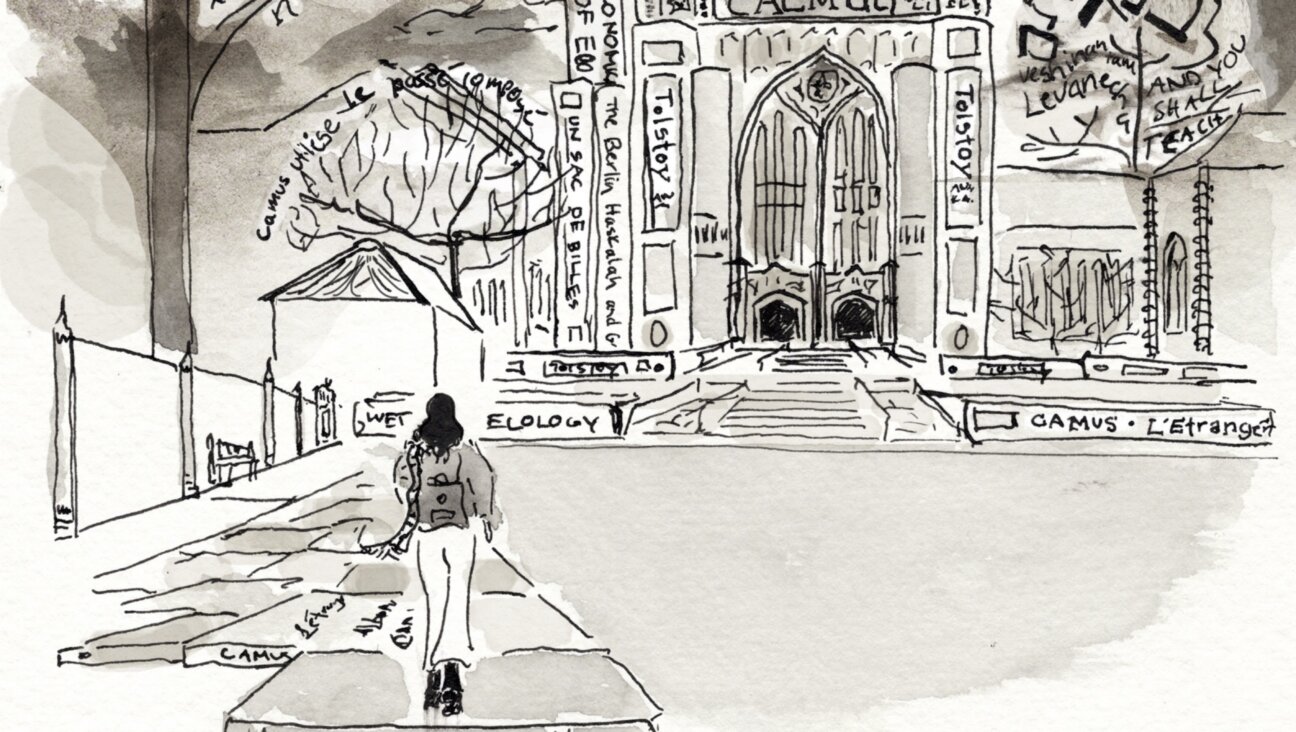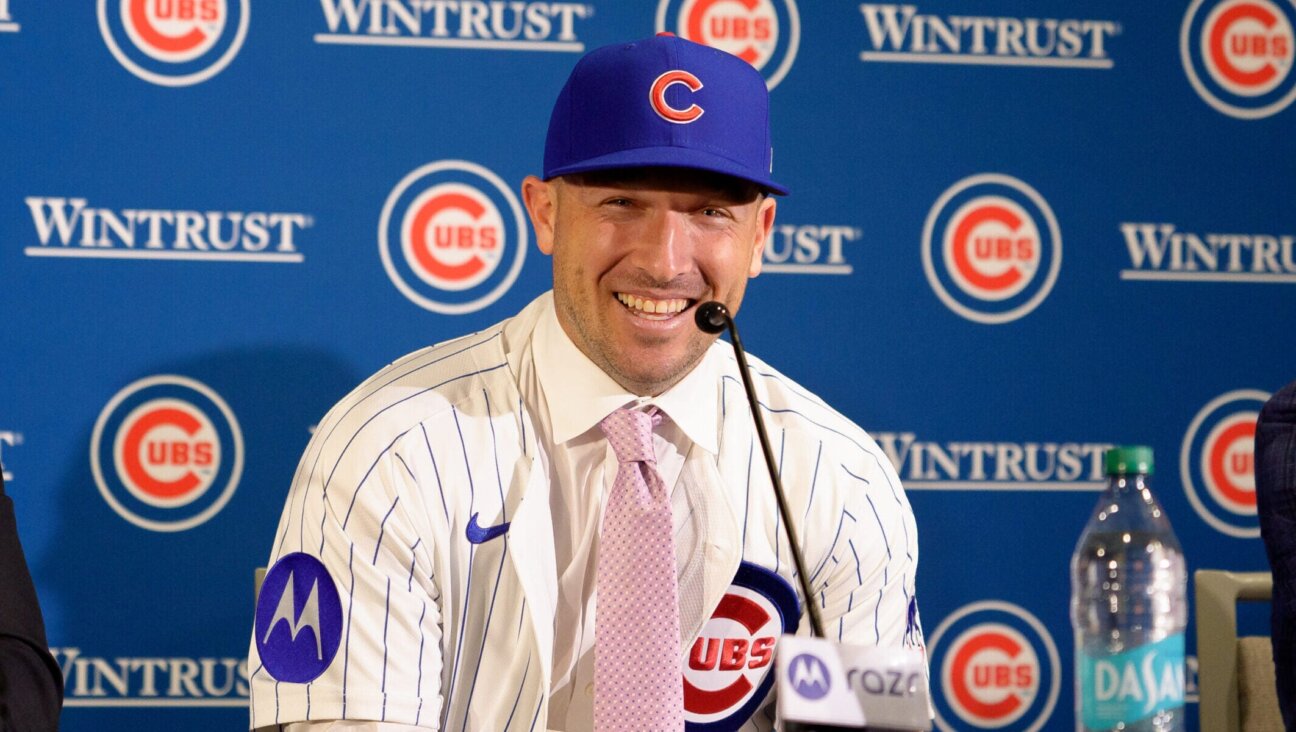Judging Roberts
Years from now, when historians try to explain George W. Bush’s influence on the American political landscape, they may well start by pointing to July 19, 2005, the day he nominated John Roberts to the Supreme Court. In choosing Roberts, Bush appears to have found the combination that has eluded conservatives for a quarter-century in their efforts to remake the high court: a brilliant legal mind with deeply conservative views but a slim paper trail, widely admired in the legal community and all but certain to win easy Senate confirmation.
The nomination is one more reminder that liberalism’s four-decade reliance on the federal courts as a means of advancing its favorite causes has reached the end of its usefulness. Democracy is about winning elections, not lawsuits. Liberals should have figured that out years ago. Now they have no choice.
Leading up to this week’s announcement, Bush was widely expected to look for a combative conservative, in the mold of a Robert Bork or an Antonin Scalia, who would come out swinging, please the hard right and offer Democrats an easy target. Instead, the president picked a genial, thoughtful conservative who is praised by liberals and conservatives alike for his fair-mindedness. Likable, even-tempered and a legendary advocate, Roberts appears certain to charm his way through the Senate and onto the court with a minimum of fuss. Once there, he will work with his fellow justices — for decades, it appears — to advance his views in what seems sure to be an effective, collegial manner. And those views, it is clear, are unmistakably conservative.
Administration spin-meisters were working hard this week to portray Roberts’s views as enigmatic, given his slim paper trail during his short tenure on the bench. Much of his career, they note, was spent working in the Republican administrations of Ronald Reagan and George H.W. Bush, writing legal briefs that, while controversial and clearly conservative, represented “his client’s views,” not his own.
Those briefs, it should be noted, included arguments for restricting abortion rights — including the famed “gag rule” barring family-planning clinics from discussing abortion — as well as upholding prayers at public-school graduations, limiting prisoners’ rights to petition the courts, getting the government out of the racial justice business and limiting lawsuits by environmental groups. In one 1992 brief, he famously argued the view of the first Bush administration that Roe v. Wade was “wrongly decided and should be overruled.”
While it’s true, as his defenders say, that Roberts was making those arguments not in his own behalf but for the administrations that employed him, it’s also true that he chose to work for those administrations. Moreover, he was chosen for those jobs because he was politically sympathetic. His record includes not just legal writings but voluntary associations with some of the most conservative organizations on the legal scene, including the Federalist Society and the Washington Legal Foundation. He is not an enigma, but a conservative.
What remains unclear, and should be explored by the Senate in the weeks ahead, is Roberts’s underlying legal and constitutional philosophy. Questioned on Roe v. Wade during his 2003 appeals court confirmation hearings, he replied that the famed 1973 ruling was “the settled law of the land.” He added, “There’s nothing in my personal views that would prevent me from fully and faithfully applying that precedent.”
That was his answer to the question of how he would interpret the law on the appeals bench. The question now is, will he be guided by precedent when he is in a position effectively to make law on the nation’s highest court? Will he view his court seat as an invitation to try rolling back a half-century of “settled law,” as the court’s conservative wing yearns to do? Or will he respect the principle of stare decisis, letting settled decisions stand, and help to preserve the court’s embattled role as a protector of societal peace?
It seems pointless, given Roberts’s history, to search for signs of another Souter or Blackmun waiting to burst forth as a defender of minorities and the poor. Bush campaigned on a promise to move the country and the court to the right, and he has the votes to do it. Democrats are entitled, however, to insist on a justice in the Kennedy mold who will resist the right’s bomb-throwing tendencies and preserve the fraying standards of civility in public discourse.
That may be the best that Democrats can hope for in this upcoming judicial battle. As long as they continue losing elections, their political strategies will consist of ever-more hopeless holding actions.
















